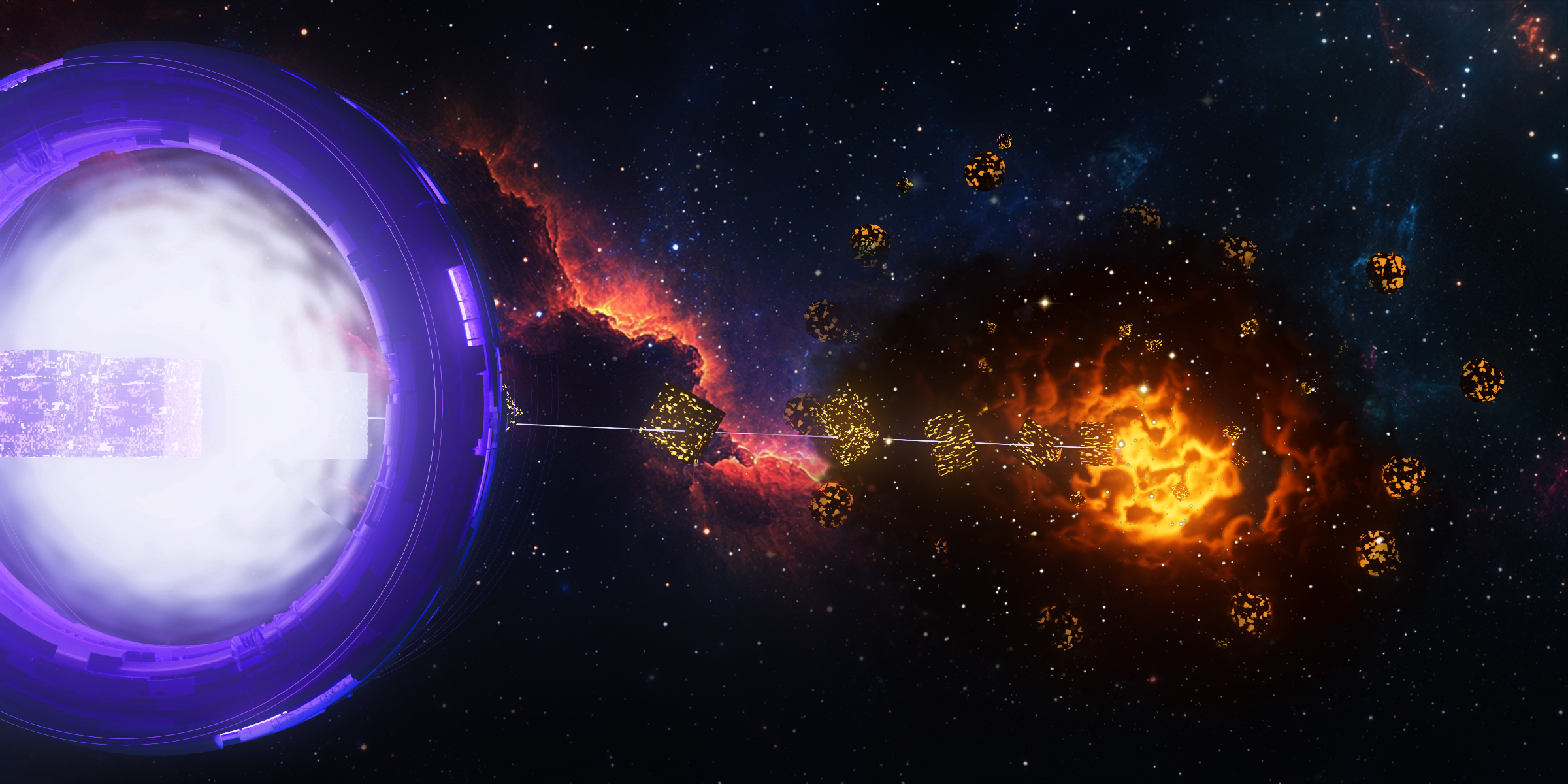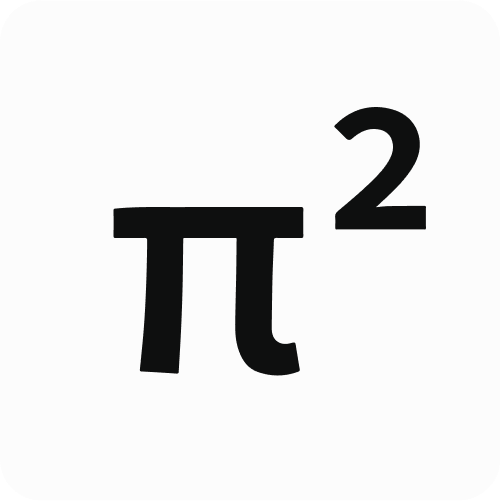How to Bring a Million Developers to Web3
Breaking down barriers for global developer talent will revolutionize Web3, unleashing creativity and collaboration on a global scale.

Before Web3 can reach a billion users, we face a critical challenge: the ecosystem lacks the necessary developers to make it truly viable. Most developers are disengaged from Web3, hesitant to invest the time needed to learn entirely new programming languages. Having built their careers and expertise in Web2, they’re more comfortable sticking with established technologies that offer larger user bases and more secure job prospects.
Web3 technologies, on the other hand, are perceived as unstable and risky, making it hard for developers to justify committing their time. Many fear that mastering a new language in this space could lead to dead ends, offering no guarantee of long-term employment.
At Pi Squared, we believe that the key to overcoming this obstacle is enabling universal language interoperability within blockchain technology. By allowing developers to leverage their existing skills, we can break down barriers and unlock opportunities for them to explore Web3 development. In this post, we discuss how universal language support can bring a surge of talent and innovation to the Web3 ecosystem.
Why Developers and Users are Important
How do we onboard the next million developers to Web3, and by doing so, attract the next billion users? If chain-specific programming languages pose a major obstacle to onboarding new developers, then achieving universal language interoperability across chains can break down that barrier.
Developers are the driving force behind every technological revolution. They create the tools, dApps, and services that users interact with. Without a thriving and expanding developer ecosystem, Web3’s growth will be stifled.
Think about it this way: Blockchains capable of processing 100,000 transactions per second will only matter if there are enough developers building the dApps to utilize that capacity. Without a strong developer community creating valuable services, even the most high-performance blockchain systems will be underutilized and miss their potential.
To drive Web3 forward, we must prioritize building a robust infrastructure for developers while simultaneously advancing blockchain capabilities. By empowering developers, we lay the foundation for the next wave of user adoption and innovation.
How can Universal Language Interoperability bring Developers
Let’s explore how universal language interoperability offers a developer-centric solution that will drive both the growth and sustainability of blockchain ecosystems.
With universal language interoperability, developers can build smart contracts and blockchain applications using the programming languages they already excel in. Instead of being forced to learn niche Web3 languages like Solidity or Rust, they can apply their expertise in widely used languages such as Python, C++, and Java. This approach is far more than a convenience—it's about breaking down the barriers that have kept developers out of Web3. By empowering them to use the tools they know and trust, we make it exponentially easier for developers to onboard and contribute to blockchain projects.
The impact of this will be profound. Allowing developers to work with familiar languages will unleash a wave of innovation in the Web3 space, rapidly increasing the pace of development. Millions of developers will be enabled to join the blockchain ecosystem, bringing with them a flood of new projects and applications. This surge in development will, in turn, attract more users and push blockchain technology closer to realizing its full potential.
When fully implemented, universal language interoperability will spark a new era of Web3 innovation. It will not only attract developers migrating current Web2 projects but also create fertile ground for new services, particularly those driven by artificial intelligence, to thrive in the Web3 landscape. This is the key to unlocking the future of blockchain and ensuring its long-term success.
How Does It Work?
How does universal language interoperability function in practice? It empowers developers to build smart contracts and dApps using any programming language they are proficient in. These applications are then seamlessly verified and executed across multiple blockchains, removing the need for specialized Web3 languages.
At the heart of this innovation is Pi Squared’s groundbreaking Proof of Proof protocol. Proof of Proof generates mathematical proofs of correctness for any language or virtual machine (VM), allowing developers to use their preferred languages in Web3 development. Instead of reinventing the wheel for each blockchain, they can continue coding in languages they know and trust.
Proof of Proof is transformative—it unifies all programming languages under one roof by translating computations into mathematical proofs. And mathematics, as the foundation of all computer code, becomes the true universal language. This shift isn’t just about bridging gaps; it's about fundamentally changing how developers interact with blockchain, making Web3 accessible, efficient, and scalable for everyone.
Additional Benefits of Universal Language Interoperability
Major blockchain foundations like Ethereum, Starknet, and Solana invest heavily in training developers in specialized languages like Solidity and Cairo. While this has yielded some success, it comes with significant limitations. Relying on niche languages restricts the scalability of these platforms and constrains the growth of the entire Web3 ecosystem.
Universal language interoperability completely eliminates the need for blockchain foundations to retrain developers. Instead, it taps into the vast, existing educational infrastructure of global computer science programs, which already train hundreds of thousands of developers each year in widely-used programming languages. These programs offer a far more comprehensive and higher-quality learning experience than the rapid boot camps offered by Web3 companies. By reducing the focus on retraining, blockchain foundations can redirect resources toward advancing their technology and ecosystem services, rather than pouring funds into developer education.
This strategy unlocks a massive talent pool of over 25 million developers worldwide, plus an additional million new graduates each year. Without the hurdle of learning new, blockchain-specific languages, developers can immediately contribute to Web3 projects using their existing skills. This will lead to a rapid surge in development, with more dApps, tools, and on-chain content being created, vastly improving user experiences. The increased number of developers will result in more meaningful applications, enhanced engagement, and stronger user retention, all of which will drive long-term growth for blockchain technology.
Moreover, universal language interoperability will make it easier for Web2 companies to transition into Web3, enabling them to leverage their current teams and expertise to build blockchain applications. This will fuel innovation and enrich the Web3 experience, making it more attractive, accessible, and user-friendly for both developers and end users.
The Bigger Picture
Universal language interoperability isn't just about simplifying things for developers—it's about unlocking the full transformative potential of Web3. By making blockchain technologies accessible to a global community of developers and companies, we will ignite a wave of innovation that reshapes industries, elevates user experiences, and drives the widespread adoption of decentralized technologies.
Our vision is a future where anyone, regardless of their programming background, can seamlessly build in Web3. Universal language interoperability is the key to expanding blockchain’s reach, providing a clear and efficient path to onboard the next billion users—starting with the next million developers. This is more than just technological progress; it’s about unleashing creativity and collaboration on a global scale.
As we stand at the threshold of a new era in Web3, universal language interoperability will be the driving force that reshapes how blockchain applications are built and by whom. By breaking down language barriers and tapping into a vast, untapped pool of global talent, we will revolutionize the Web3 landscape, accelerating its evolution into a more dynamic, inclusive ecosystem.
The journey to a billion Web3 users may seem ambitious, but with universal language interoperability, it becomes not only attainable but inevitable. By removing the roadblocks to Web3 development, we’re not just building the next internet—we’re creating a more inclusive, accessible, and powerful digital future for everyone. This is how we redefine the internet, and this is how we change the world.

